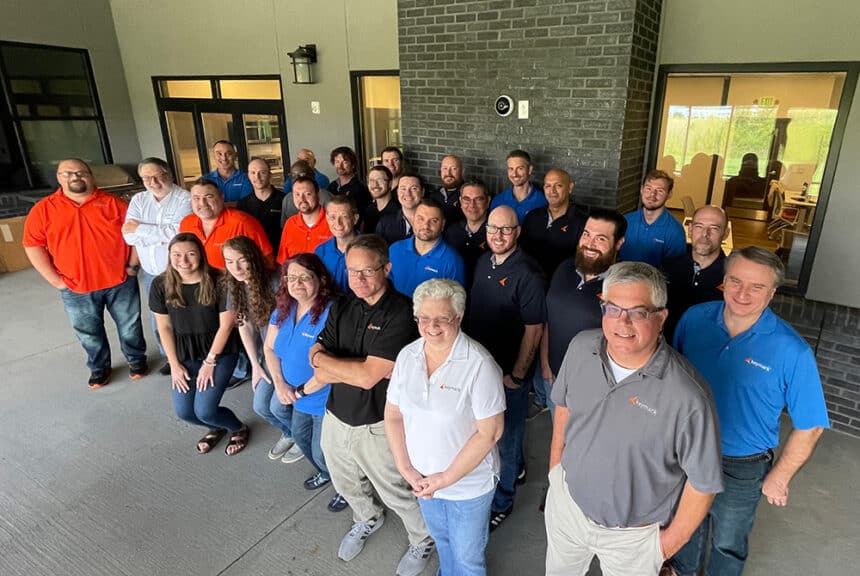What is Enterprise Content Management?
It’s a funny thing that after 20 years in the enterprise content management industry I had to put on my thinking cap and contemplate a good answer to this question. I guess when we start out in an industry we keep things simple, and after it becomes second nature, we tend to overcomplicate what should be an easy answer that rolls off of our tongue.
So what is enterprise content management? (Drum roll, please.)
Enterprise Content Management (ECM) is the capture, storage, and retrieval of paper and electronic documents and data in a centralized repository. The justification for this type of solution normally involves saving time, reducing costs, gaining a competitive advantage, and/or addressing a compliance issue. To save time and money capturing data, system designers may utilize optical character recognition (OCR) technology to remove data from paper and automate indexing. If the information is captured from electronic systems, identifying the metadata required for indexing may be found in the data itself. In many cases, the entire solution is automated by workflow technology, and productivity reports are produced to show end users, managers, and executives the results.
Wow…. I’m guessing an 8th grader would struggle with this answer. Looking back at my answer, it’s a response most people might struggle with. But while the first two sentences contain the “meat” of the answer, the last three sentences are important because like it or not, the industry has introduced additional technology to the game.
What’s really interesting about ECM is what it will evolve into over the next few years. Companies are seeing the data and business process automation that comes from an ECM solution as a new form of collateral. The organizations who adopt these technologies will be our future leaders. And those who struggle will become easy acquisition targets for the innovators.
AIIM’s definition
Enterprise Content Management (ECM) is the strategies, methods and tools used to capture, manage, store, preserve, and deliver content and documents related to organizational processes. ECM tools and strategies allow the management of an organization’s unstructured information, wherever that information exists. Read more at AIIM’s website.
Hopefully, this makes ECM make a little more sense for you. Still have questions? Are there other important characteristics about ECM that I may have missed? If so, please add a comment and let me know.
If you are considering an ECM solution, we would love to help.
Take the Next Step
We can help you decide pretty quickly whether this would be a good fit for your organization. With 20+ years of experience in automation, we just need about 5 minutes of Q&A.



